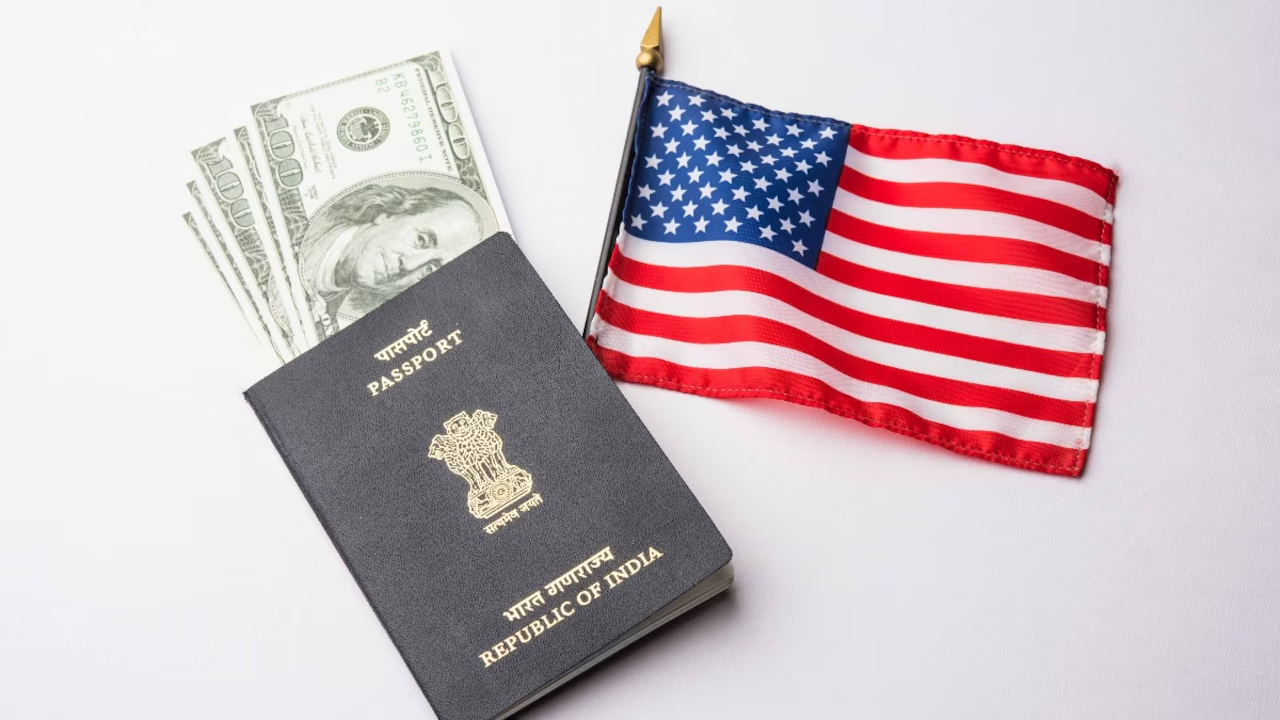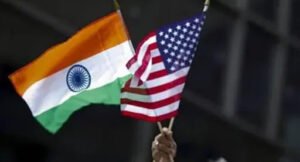You might never think about how vital Indian talent has grown within major U.S. tech firms until policy rules begin to shift. Recent moves by Apple, Google, Microsoft, Amazon, and Meta have raised alarm among their Indian workforce as these tech giants start to advise employees with H-1B visas to avoid international travel whenever possible.
This fresh trend comes after Donald Trump’s return to office has sparked renewed focus on immigration policy changes that could shape the future of thousands of Indian tech professionals working in America. The travel alert issued by these large firms serves as an early signal of potential storms ahead for visa holders.
Corporate legal teams across these major firms have begun quietly warning their Indian staff about risks that might occur during border crossings. You can trace this caution to growing signs that the Trump administration plans to review and likely tighten H-1B visa rules as part of broader immigration reform efforts.
“We’ve asked our teams to limit unnecessary travel outside the United States until there’s better clarity around future visa policies,” noted an internal email from a major tech company to its staff members holding H-1B status.
The impact could affect nearly 300,000 Indian professionals currently working in America under H-1B visas, with tech sector workers making up the largest share of this group. You should understand that many Indian employees serve in vital roles across software development, cloud services, artificial intelligence, and other areas where talent remains in high demand.
What These Changes Could Mean For Indian Tech Workers
- Restricted mobility could force many Indian workers to delay family visits back home
- Career growth might stall if global assignments become impossible to accept
- Uncertain status could drive talent toward more stable options in other countries
The entire issue stems from signals that stricter reviews at entry points might occur under new policy directives. You could find yourself facing longer questioning sessions, extra document checks, or even denied re-entry if traveling abroad while new rules take shape.
Industry experts point toward a notable shift in tone from immigration officials at border entry points in recent weeks. The rules haven’t changed officially yet, but practical application appears to have grown more rigid already.
“The actual legal framework hasn’t shifted, but there’s clearly a change in how existing rules are being applied,” explains Neha Kumar, an immigration attorney based in Silicon Valley who works with many Indian tech professionals. “We’re seeing cases where people with valid visas and proper paperwork still face hours of additional screening.”
These major companies rely heavily on global talent to drive their growth plans and remain ahead in fierce market battles. You might never fully grasp how much these firms value their Indian workforce until you notice their rapid moves to protect these employees from potential policy risks.
Major Tech Giants: Economic Implications Beyond Individual Careers
The broader impact could reach far beyond personal career concerns for those Indian workers facing travel limits. Every major tech company depends on diverse teams to build products for global markets.
Silicon Valley has built its entire success story partly on access to world-class talent regardless of national origin. You would likely agree that restricting this talent flow could hamper innovation cycles that drive American technological leadership.
Market analysts worry about what might happen if policy shifts force companies to alter their hiring plans or reorganize their global teams. These firms could begin shifting more roles to Canadian, European or Asian offices where talent mobility faces fewer barriers.
“When companies can’t bring their best people to work together, you start seeing fragmented development efforts that reduce efficiency,” notes tech industry analyst Rahul Mehta. “This often leads to slower product cycles and missed market opportunities.”
The current advice to avoid travel serves mainly as a temporary measure while these large firms lobby for clearer policy direction. You should watch for signs that companies might begin relocating certain Indian staff to other global centers if the situation remains unclear.
Major Tech Giants: Potential Long-term Solutions Being Explored
Major tech firms haven’t simply issued travel warnings without exploring other paths forward. Legal teams across these companies have begun developing several backup plans:
- Creating remote work options for those unable to travel freely
- Accelerating green card applications for vital team members
- Establishing larger development centers in countries with fewer visa restrictions
“We value every single team member regardless of their origin country,” stated one company’s internal communication. “We’re actively working to ensure career growth isn’t limited by changing immigration policies.”
The issue holds special importance since Indian professionals often occupy highly specialized roles that would prove difficult to fill quickly from the domestic talent pool. You could argue that these workers contribute significantly to American innovation while creating additional jobs through their work.
Industry groups have already begun quiet discussions with policy makers to highlight economic risks associated with sudden changes to the visa system. Their chief worry centers around how abrupt shifts might disrupt ongoing projects and talent pipelines these companies depend upon.
What Affected Workers Should Consider
If you happen to work at these major tech giants firms under an H-1B visa, immigration experts suggest several steps worth taking:
- Document your current visa status with copies of all relevant paperwork
- Consult with employer-provided immigration counsel before making travel plans
- Consider postponing non-essential international trips until policies clarify
- Explore paths toward permanent residency if eligible
The entire situation remains fluid with policy details still taking shape. You might find comfort knowing these major employers have strong incentives to protect their valuable international workforce through whatever means available.
While travel warnings create immediate concerns, the longer story about how American tech companies access global talent continues to evolve. Every major shift in immigration policy has historically led to adjustments rather than complete disruption.
What seems clear today is that Indian tech professionals working for these giant firms should proceed with extra caution regarding international travel plans. The advice from employers likely stems from genuine concern rather than unnecessary alarm.
As policy details emerge in coming weeks, clearer guidance should become available. Until then, these travel limitations serve as prudent measures during a period of transition and uncertainty for thousands of valued Indian tech workers contributing to America’s innovation economy.







Be First to Comment